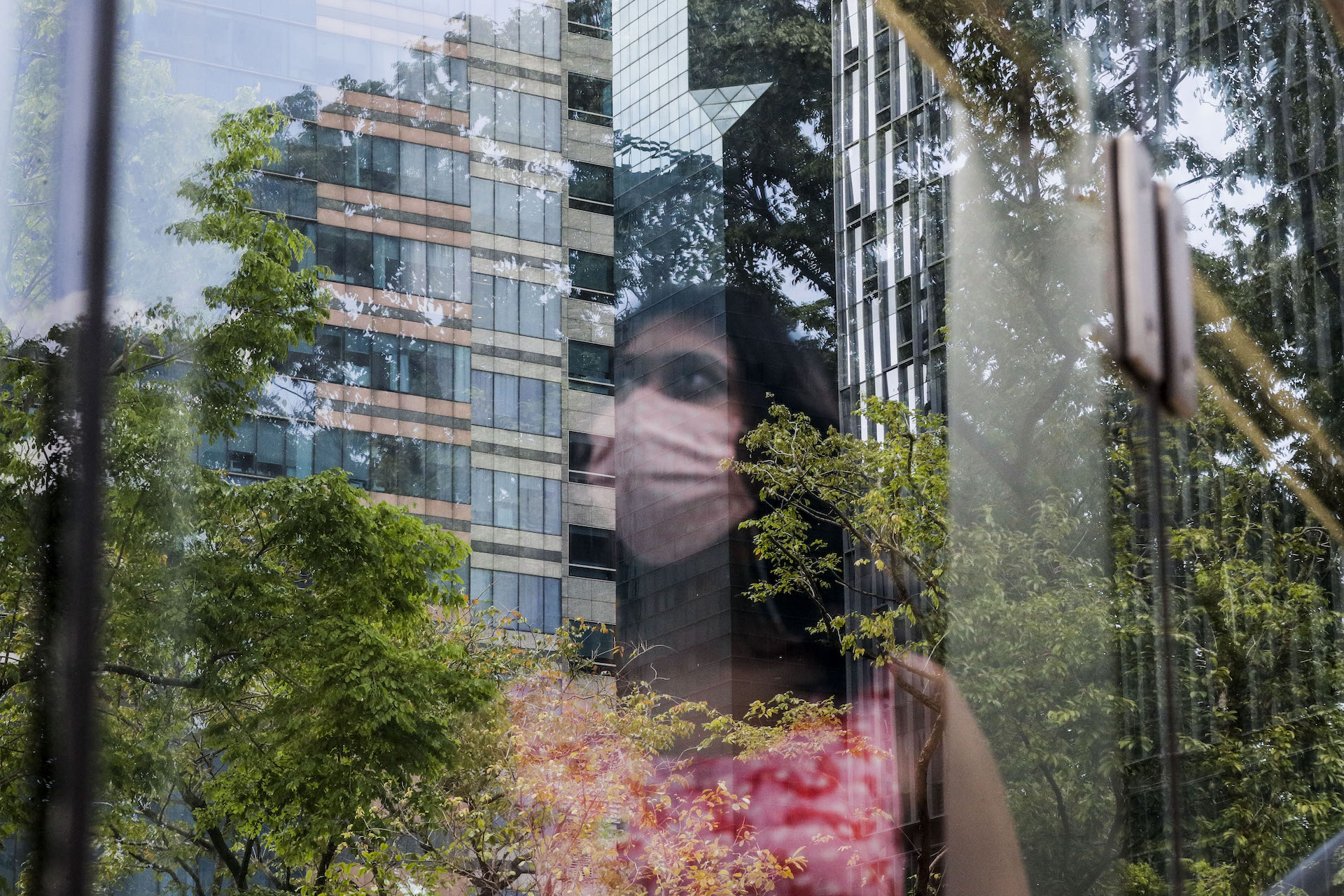Photography by Wallace Woon.
Two weeks into her new job, Rachel* found herself on the floor of her office, drunk and having chipped a tooth. Scrambling to tear herself away from a drinking game that took a turn for the physical, the 21-year-old ran to the bathroom to call her partner. The perpetrator, a male colleague, followed her, glanced at her broken-tooth grimace, and in his twisted idea of a consolation, said: “You’re still beautiful.”
This might sound like a familiar story to women.
60 years ago, the landmark Women’s Charter was passed to advance women’s rights in Singapore with stronger systemic protection. Over the decades, more provisions were introduced to better prepare at-risk couples for marriage, mitigate the impact of divorces, and strengthen the enforcement of maintenance orders.
Last year, the United Nations Human Development Report ranked Singapore 11th out of 162 countries for gender equality, placing us ahead of our regional neighbours—even beating the United States and Canada. On paper, these seem to visualise Singapore’s collective progress in gender equality. Yet, in real life, the ever-evolving terror of navigating the world as a woman reads more like a never-ending marathon. Have we actually found a better footing in society?
Recent events in the past years have woken us up to the realities of being a woman in Singapore. A cursory search pulls up at least 14 local incidents of sex offences against women in March alone, and a 24% increase in the number of reported cases of outrage of modesty from 2016 to 2020 compared to 2011 to 2015.
In response, Home Affairs and Law Minister K. Shanmugam kicked off Singapore’s first-ever review of women’s issues last September. With the National Youth Council (NYC) leading a series of conversations in partnership with the Ministry of Culture, Community and Youth and the Ministry of Social and Family Development, these dialogues aim to better understand the needs and mindset changes of Singaporean women. The feedback from these sessions will then be consolidated and submitted to the Government in the form of a White Paper.
Be that as it may, but the anxieties of women here remain inescapable. They take shape from persisting structural and social barriers, affecting us in more personal ways than we realise. Unsurprisingly, NYC’s pre-dialogue survey reveals these top issues young women face in the workplace: discrimination, sexual harassment, and casual sexism.
One of The Boys
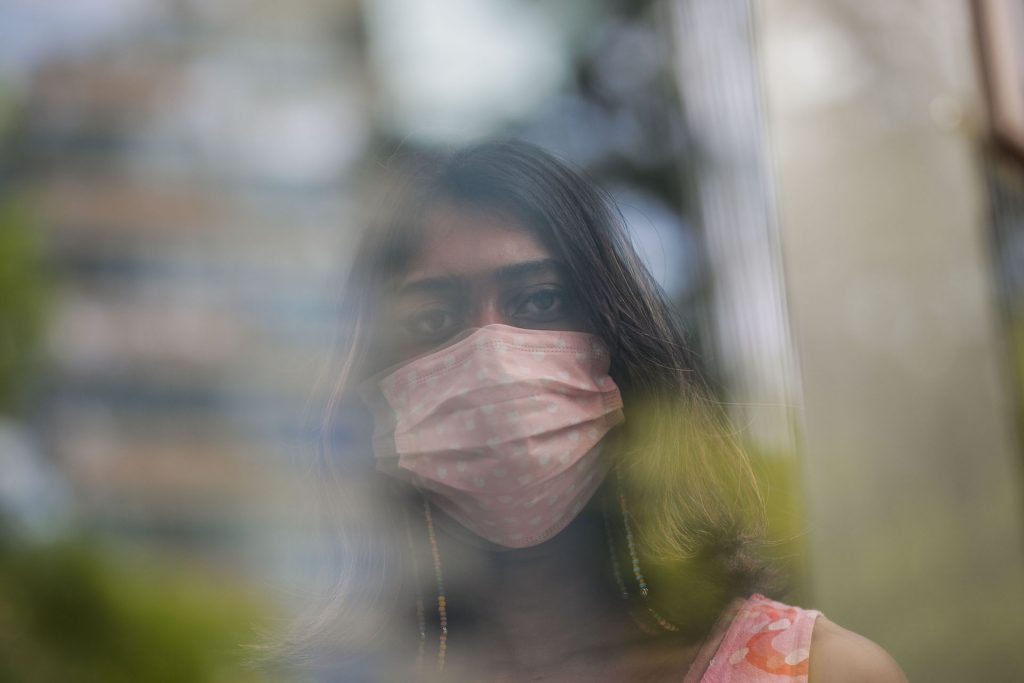
“It’s the fact that the incident happened in a professional environment, and I couldn’t really escape him. I would freeze up every time he came in unannounced,” Rachel says.
For the fresh graduate, landing a job at a start-up meant accessing the elusive boy’s club, something she admitted to being wildly unprepared for. What started as an innocent-enough offer for an after-hours drink at the office rapidly morphed into an insidious opportunity for her colleague to assert his authority: “Suddenly, this guy who’s the same age as I started talking about the amount of power he has in the company.”
Challenging her to a play fight and exploiting the apparent power imbalance in the room, the display of dominance quickly escalated into an uncomfortable level of physical touch.
“Despite knowing how debilitatingly drunk I was, he continued to push it,” Rachel recalls. The next thing she knew, she fell on the floor, chipped her tooth, and thoroughly embarrassed herself while running away in a distressed frenzy.
The profound discomfort didn’t end that night. In the aftermath, her colleague had accused her of coming on to him, shirking any form of responsibility.
“The next time we spoke about the incident, he joined the meeting with my boss only to make sure my boyfriend wasn’t going to beat him up. I was talking about how it had affected me, and he didn’t really care.”
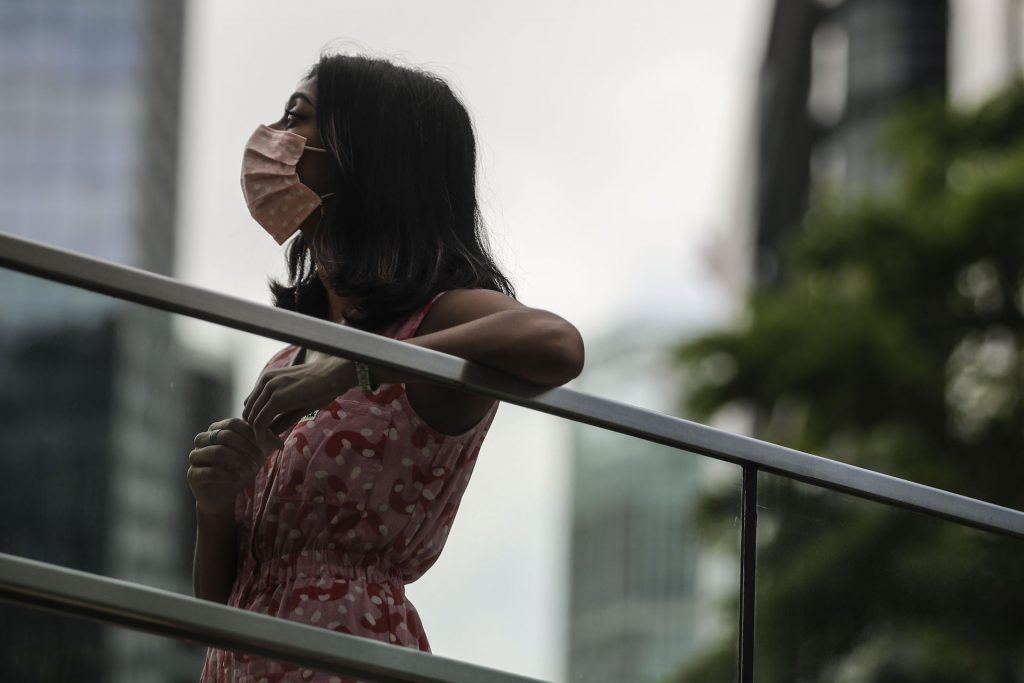
Echoing the concerns brought up in NYC’s dialogue about the lack of female leaders in senior management, Rachel expressed that her boss didn’t view the incident as seriously as she did: “He basically said that in a tech start-up, it’s really normal for all of the women to act like one of the guys — that they arm wrestle the dudes all the time.”
Dialogue participants similarly stated that the lack of female representation in senior management ultimately results in a more dismissive and ignorant understanding of challenges faced by female employees. For many like Rachel, they don’t even feel comfortable enough to reach out for help.
Even in recounting this episode, Rachel still catches herself making excuses for her colleague, shifting the onus onto herself.
“I would say that it was irresponsible of me to have done that and to have allowed myself to have gotten so drunk in the office, not to have control of myself. I kind of covered up for the guy, I apologised (on behalf of) him because I was afraid I would lose my job. There was a lot at play for me if I messed this up.”

This pervasive line of thinking runs a through-line across all the women I spoke to — the idea that they have to downplay their (very) valid emotions and bear the weight of accounting for all the various stakeholders in their lives. We have unwittingly internalised and perpetuated the culture of sucking it up.
To combat this, the Singapore government wants to do more. Slowly, of course, as they move towards making a conscious effort to develop strong role models and mentorship schemes for women in tech and grow the number of women represented in the sciences. Perhaps these tangible developments can inspire quicking and more enduring change.
“I really have begun to feel the actual weight of being a woman and what that means for me. It’s how differently I move through the world and how many more things I have to think about compared to a man. And I’m trying to do the thing women have been conditioned to do where you play it off and act cool, but it really, really messed me up. I am a little more afraid of the world now.”
A Culture of Inferiority
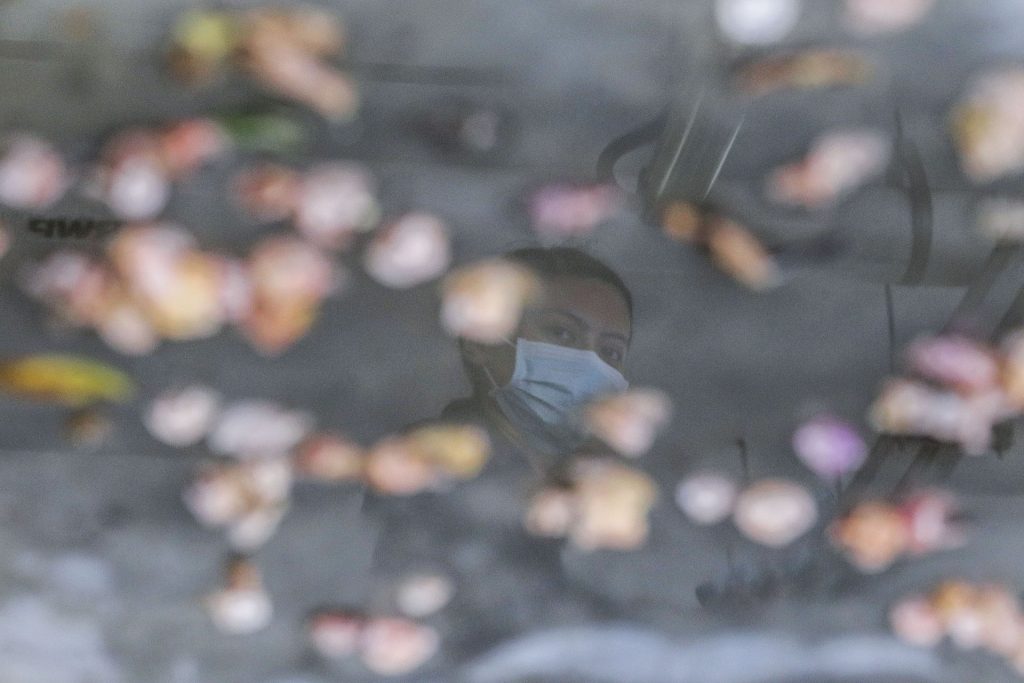
Many of such sexual harassment cases tend to involve minority women, and more often than not, they go unreported.
Gender-based harassment also comes in all shapes and forms. For 28-year-old Sarah*, being the only female Safety Coordinator in a largely male-dominated construction project means facing all sorts of sly and patronising comments.
“I find it difficult to share my knowledge and understanding without getting cut off, dismissed, or ignored. There was even an instance where I was told that my explanation was wrong even though it was in my area of specialisation.”
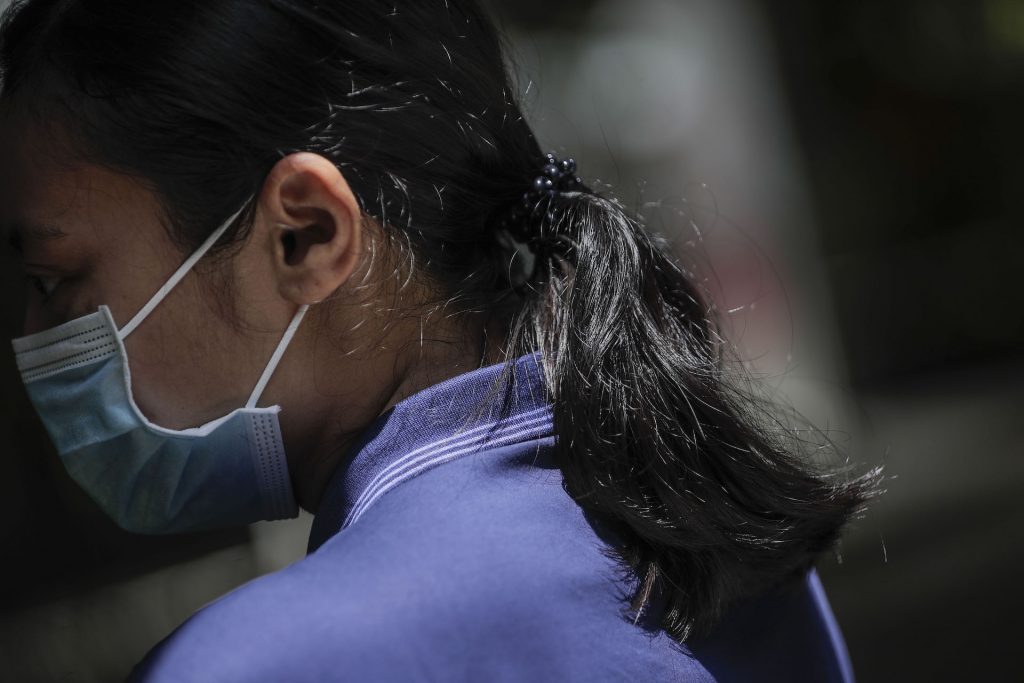
That, however, is barely the tip of the iceberg when it came to offhand remarks that doubled down on her perceived inferiority. She recalls being called pet names repeatedly by male co-workers — names like “babe”, “sayang” and “dear”.
It wasn’t so much the names that she found jarring. It was how they would use exaggerated baby voices when doing so, something her male co-workers weren’t subjected to. “I find it a tad uncomfortable, unnecessary and unprofessional,” she says.
Sarah’s too nice here. It’s outright demeaning.
“It’s definitely difficult trying to express my concerns, but I guess that issue stems from myself. I refuse to appear weak or that I’m using my gender to my advantage.”
While the majority of Singaporeans now celebrate more nuanced beliefs in gender equality (that men are neither better leaders than women, nor should they have greater right to a job), there’s room for further shifts in mindsets.

Sarah rationalises these experiences the same way Rachel and many other women do — by unwittingly acting the way women have been conditioned to behave when their reputation is on the line.
“Brushing it off is one thing, but when we don’t have enough evidence to justify our claims, it gets messy. Who would they prefer to believe, and why should they take my word for it?”
And thus lies the ubiquitous issue: women being made to fight against deep-seated structural problems.
The Challenges of Young Motherhood

Shermaine Chng, a 27-year-old single mother with a 6-year-old daughter, knows this all too well.
Like many other disadvantaged groups in Singapore, single mothers raising their children by themselves are rarely afforded the luxury of extensive social benefits.
Shermaine points to the lack of affordable housing for unmarried women, stating that since she is considered a single income household, the housing loans accessible to her are inadequate. Moreover, they do not take into account the myriad of expenses she has to bear. Even the unseen emotional labour of raising a child on her own is unaccounted for.
She laments that sexuality education within local institutions could be better — a sentiment that has not only been publicly expressed for some time, but has also yet to catch up to the rest of the world. For women like Shermaine, who found out she was pregnant while on the pill, these longtime flaws within the system often result in young women being under-equipped to deal with its unexpected consequences.
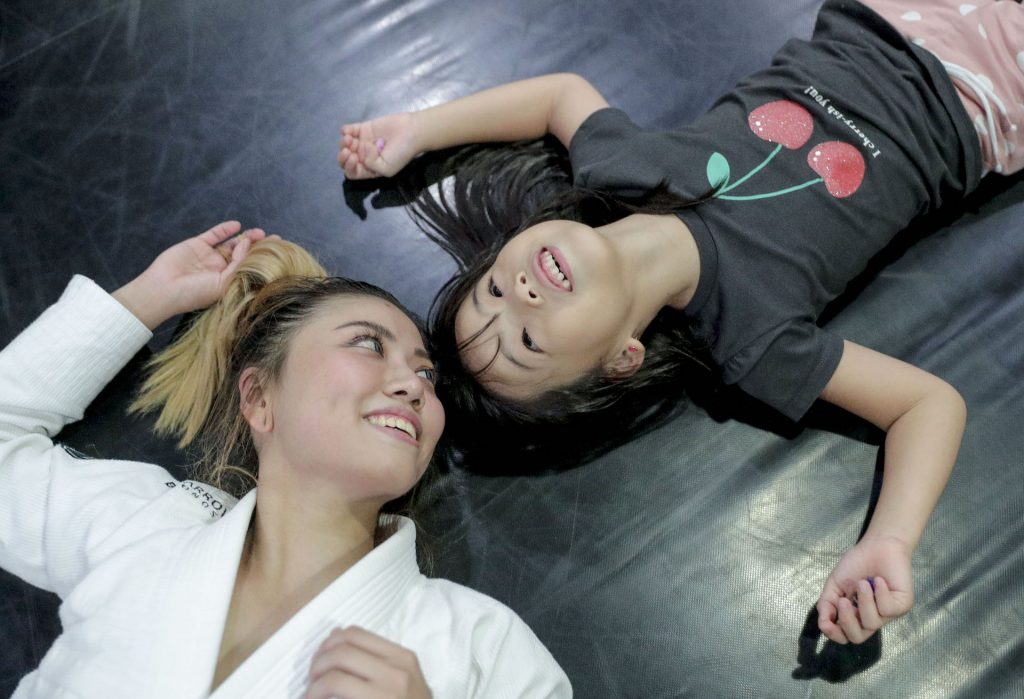
“We were just briefly taught about things like how to wear a condom and why we should wear a condom, with the main emphasis placed on males. For girls, it is how we should practise abstinence.”
At the NYC dialogues, participants said that Singaporean society still upholds traditional gender roles, and raised concerns that many mothers have to choose between pursuing careers or raising children, making them unsuitable candidates for promotion in the eyes of some companies.
Shermaine, of course, is much more than just a young mother. A glance at her Instagram profile reveals that she’s an active Brazilian Jiu-jitsu practitioner (a purple belter at that) and an avid pole dancer.

“But then again it’s just so hard to juggle all these things at once, and I feel like a horrible mother whenever I’m focusing too much on the other aspects. It’s so tough because I’m still young and I still have all these goals, yet I also want to spend time with my daughter.”
This false dichotomy that a woman has to either dedicate herself to motherhood or risk being viewed as a “bad mother” fails to represent the multifaceted reality of being a woman accurately. Here’s some food for thought: a vastly different standard is held for fathers.
“When I juggle working full time, training, dancing, and being a good mother to my 6-year-old daughter, it is seen as the norm. But if a man lifts weights, trains and works full time, people will think he’s amazing. That’s the thing I just don’t understand,” she says.
They Hate To See a Girlboss Winning
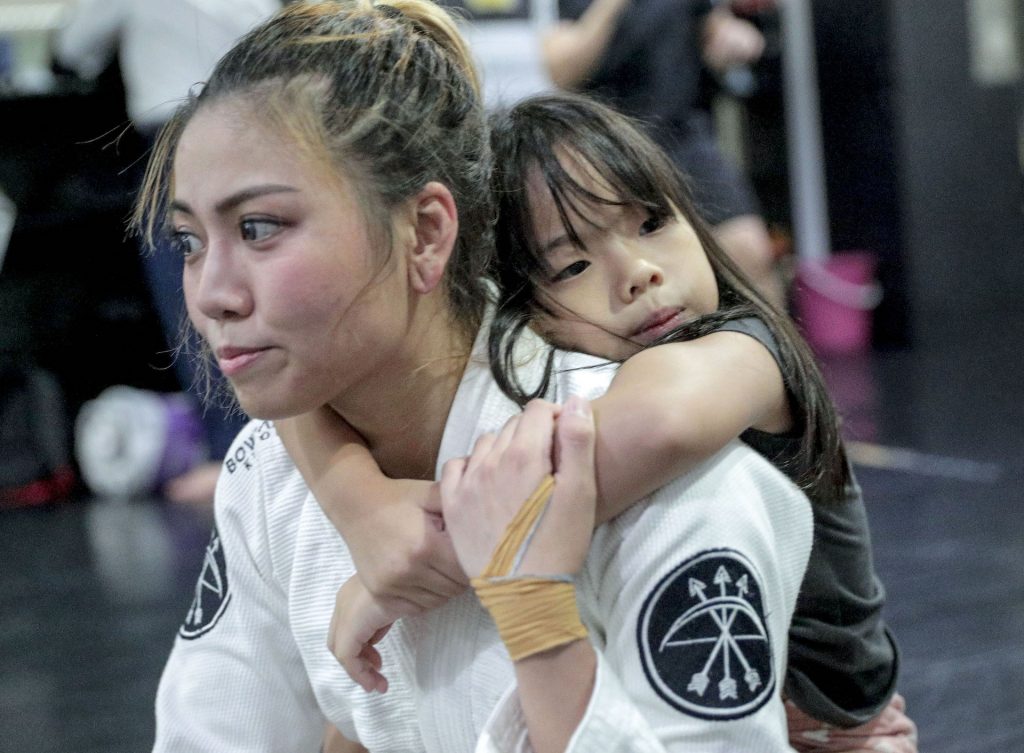
There’s nothing inherently radical in a woman rising against the odds, climbing the ranks, and succeeding independently. In fact, more Singaporean women enrol in universities than men, with the number of elected women in Parliament has steadily increased in recent years.
Yet, the idealised notion of being a girlboss has evolved from a seemingly empowering feminist cultural movement into an ironic meme. The age of the girlboss came and went with corporations overly commercialising the narrative that women can do anything they want if they work hard enough. The only thing stopping us from success is ourselves!
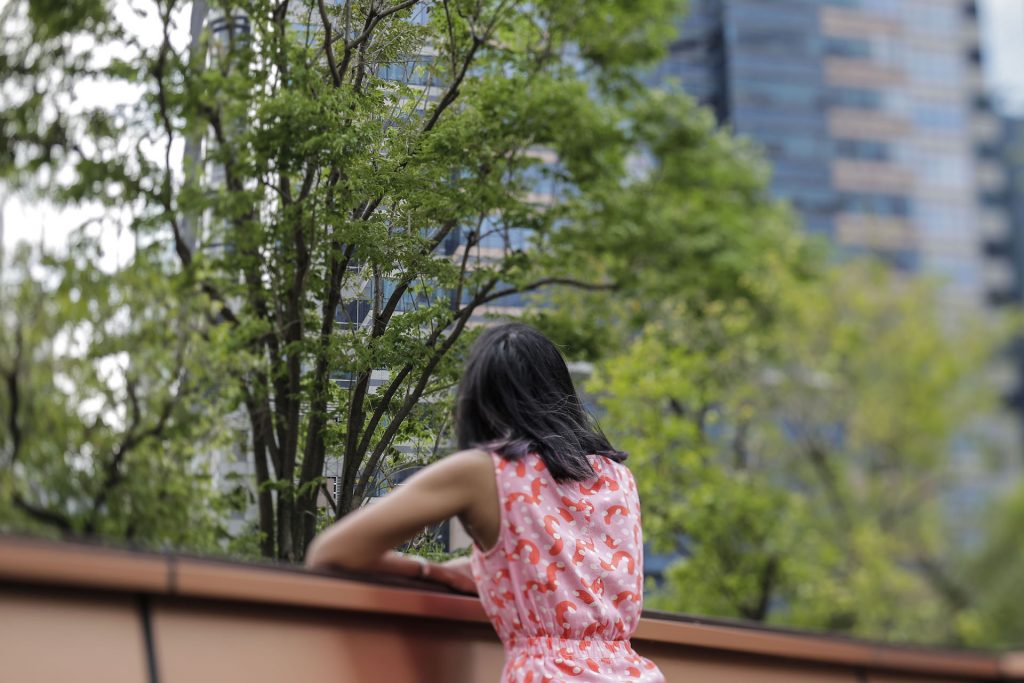
It’s hard to ignore that girlboss culture is the resulting boon of oversimplifying the nebulous concept of female empowerment. Not only does being a girlboss distinguish you from a regular (boy) boss, but it also reinforces the reductive belief that a blossoming career dictates a woman’s accomplishments.
Participants in NYC’s dialogues have acknowledged this exceeding need for intersectionality when discussing gender issues. It is crucial to address that inequality stems from many sources such as race, class, gender identity, sexuality, and religion. For many vulnerable groups of women, progress has been noticeably uneven.
Rachel elaborates: “It’s not actual empowerment; you don’t just give us (International Women’s Day) and then assume that all women’s issues have been resolved. It’s like they’re saying: ‘Look how much progress we’ve made!’ But have we really? There’s still miles more.”
The Story So Far
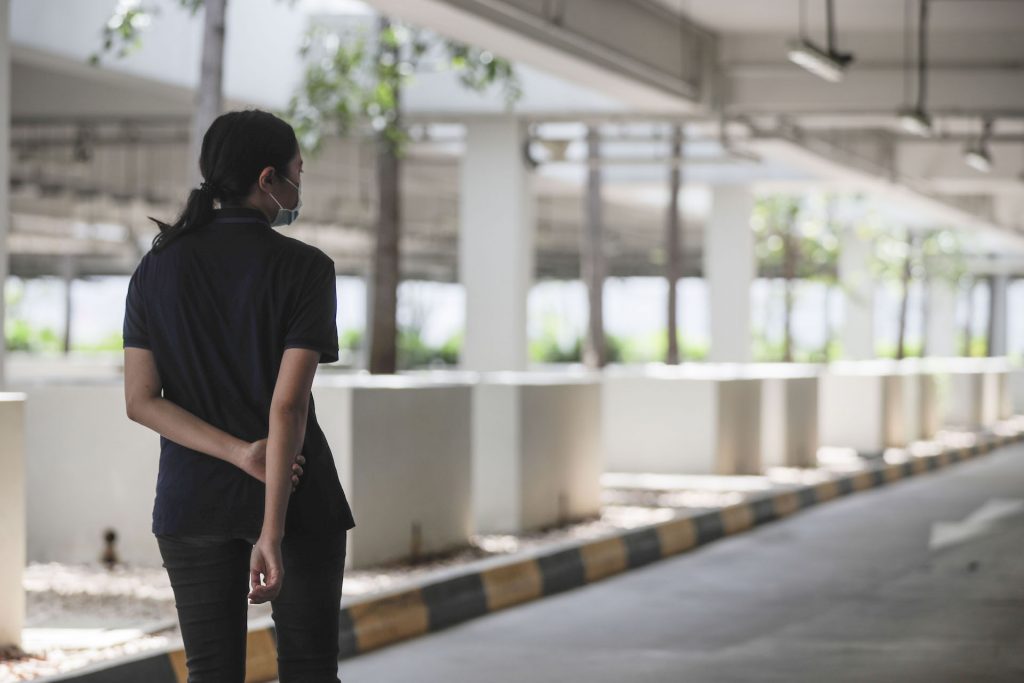
Nonetheless, it’s easy to forget that the progress we have made in recent history is still fresh.
Many issue-specific measures have been enacted over the past few years, such as the repeal of marital immunity for rape. Rising to the 11th place ranking among 162 countries in the United Nations Human Development Report last year, Singapore shares first place with Italy in terms of companies with women as chief executives. The Council For Board Diversity, formed in 2014, has also been actively addressing the representation of women in board positions, which rose from 7.5% to 16.2% in 2019.
Of course, in a broad sense, these regulations and programmes do inculcate a higher chance of success among women, but much of the collective effort has also been from the ground up. Student groups like Girl, Talk at Nanyang Technological University, and Students for a Safer NUS (National University of Singapore) were formed as a reaction to the increasing spate of sexual crimes. Non-governmental organisations have also been fighting the good fight.
Consequent to this, the reduction in patriarchal attitudes in the workplace has been small but nevertheless noticeable, not to mention appreciated.
“There’s definitely been positive experiences with my male colleagues when I share my issues with them. They’re willing to hear me out, and they don’t brush off my concerns. Just witnessing them bash inappropriate behaviour gives me some hope,” says Sarah.
All the women I spoke to cited their male partners, friends, and family as supportive allies — and the support goes beyond just sharing an Instagram infographic or waxing poetic with superficial claims of equality. This means making substantial efforts to listen to women, understanding the crux of these issues, and standing up for them even in instances that do not personally involve the women in their lives. There is strength in solidarity across genders.
Now What?
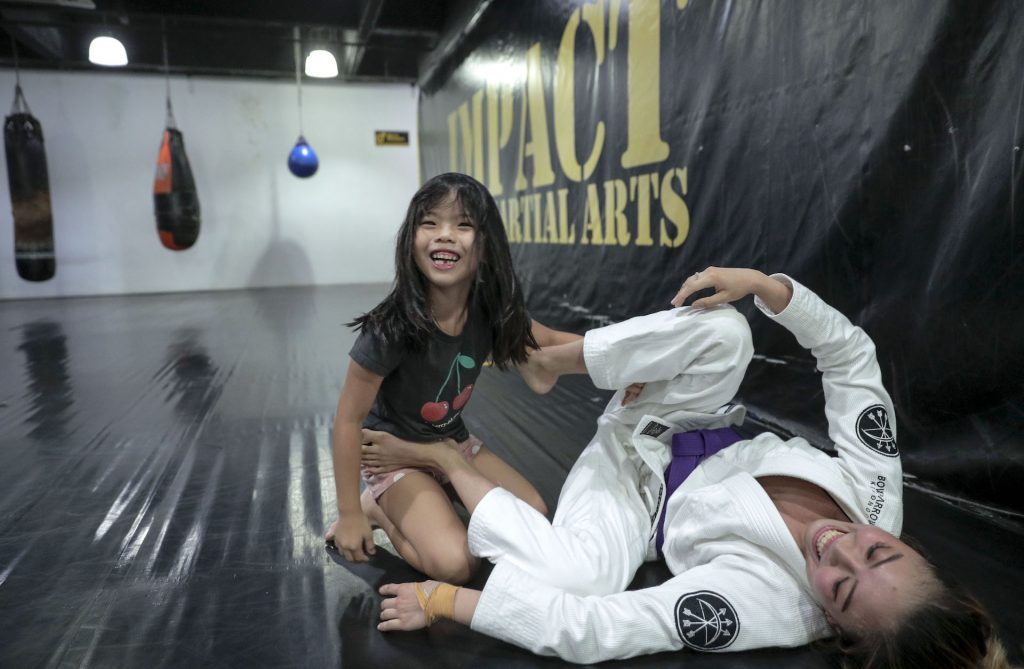
We as women have come to think of this miracle of getting by as our lived reality. Would it be due to a cultural upbringing that has made us unwilling to challenge the status quo?
“To really cater to women,” Rachel says: “We can’t water things down so men can get it. Enough of us have been shouting: ‘Hey, this is what’s happening to us!’”
Shermaine muses: “Ideally, my daughter will live in a future that is less harsh and judgmental. But honestly, I don’t know how it would be. I can only guide her with the values I believe in such as courage, kindness, responsibility, and integrity, so she’ll be able to protect herself and empower other girls around her.”
Hopefully, individual experiences can find comfort in collective empathy, so the first thing that comes to your mind when you see a woman with a chipped tooth struggling to get up isn’t that she’s “still beautiful”.
Shouting is exhausting but easy. The tough part? Everything after.
*Pseudonyms used to protect privacy.
This article is brought to you by the National Youth Council. Learn more about NYC’s Conversations on Singapore Women’s Development here.
If you haven’t already, follow RICE on Instagram, Spotify, Facebook, and Telegram.
What grade would you give Singapore for gender equality these days? Shout out your thoughts at community@ricemedia.co.

